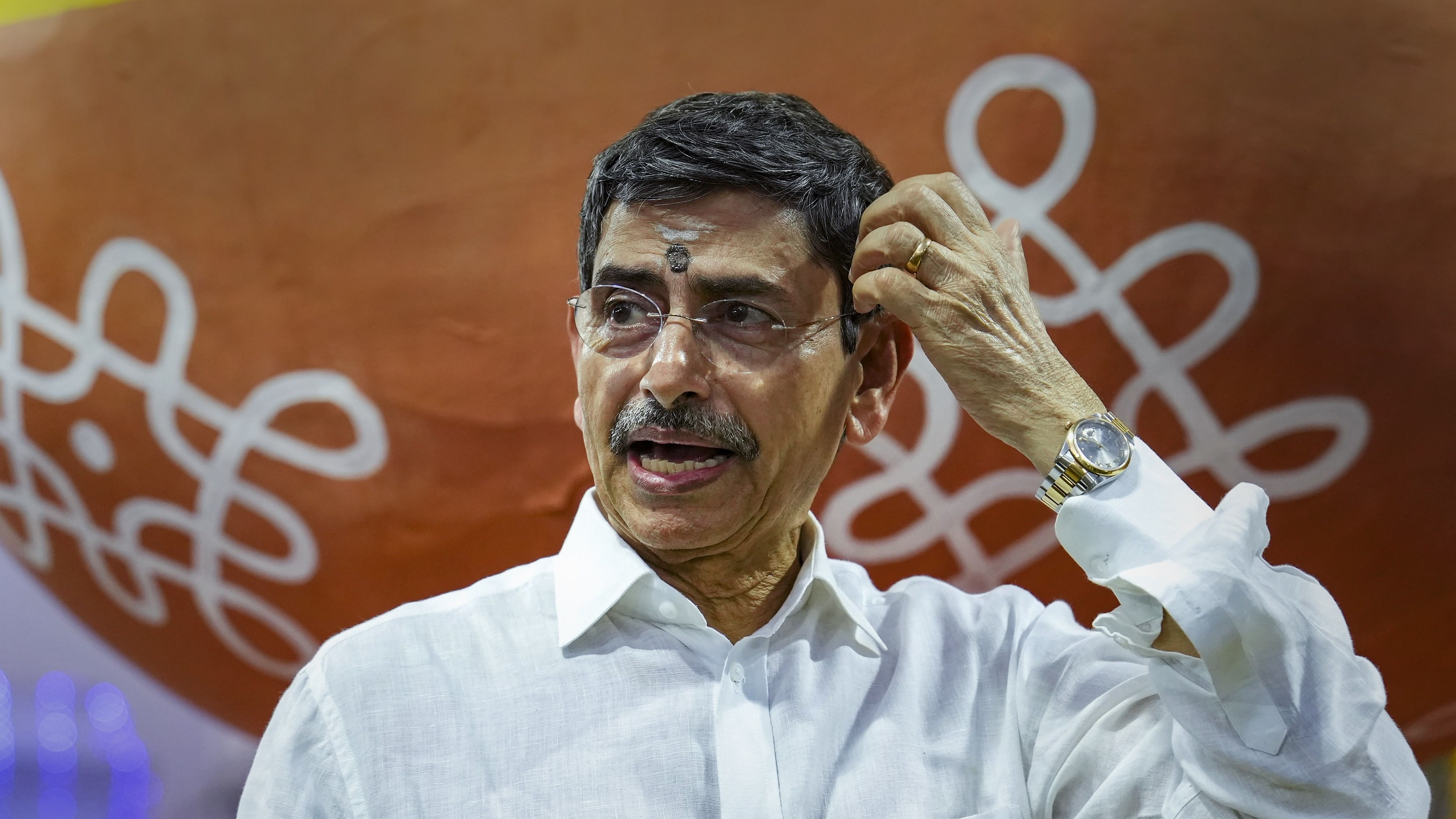
Tamil Nadu Governor RN Ravi
Credit: PTI Photo
The tough questions the Supreme Court asked Tamil Nadu Governor R N Ravi about his holding up bills passed by the state legislature should be considered as equally directed at Governors of other states, too, who have refused to give assent to bills.
Chief Justice of India D Y Chandrachud said that the court’s questions and observations are about the office of the Governor in all states, and not just about one Governor.
The Tamil Nadu Governor sat on a number of bills for three years or more.
The same situation exists in Kerala, where eight bills are awaiting assent from Governor Arif Mohammed Khan.
It was pointed out to the court in a petition filed by the Kerala government that they are pending with the Governor for periods ranging from three years to seven months.
Among these were bills which replaced the ordinances approved and notified by the Governor. They also concerned important matters of public interest like post-Covid health issues.
The court has issued notices to the Kerala Governor and the Centre on the petition filed by the state government, just as it did in the case of the petition against the Tamil Nadu Governor’s non-action on bills.
Governor Ravi returned all the bills at one go after he received the notice from the court.
The state Assembly has passed all the bills again and sent them back to him for assent.
The Governor’s conduct prompted the court to pose some questions like what the Governor was doing for three years, without taking a decision on the bills sent to him for assent.
It is unfortunate that such questions have to be asked to the holder of a high constitutional office like that of the Governor.
What the court meant was that the Governor had deliberately failed to do his constitutional duty. The court also pointed out that he acted only because the court had issued a notice to him.
The court’s question as to why Governors should wait for parties to approach the Supreme Court therefore becomes very relevant.
All states ruled by non-BJP parties have had such problems with Governors sitting on bills and other files sent to them, opposing in public the policies and decisions of these governments and interfering in administration.
Punjab and Telangana have also approached the court with similar complaints.
On Monday, when the Supreme Court made its comments about the Governor’s conduct, Arif Mohammed Khan reconstituted the senate of a university in the state, ignoring the convention of endorsing the vice-chancellor’s recommendations.
Governors pursue such a course of confrontation with state governments only if they are doing the Centre’s bidding or at least have its backing for their actions. That is a serious threat to the country’s federal system.